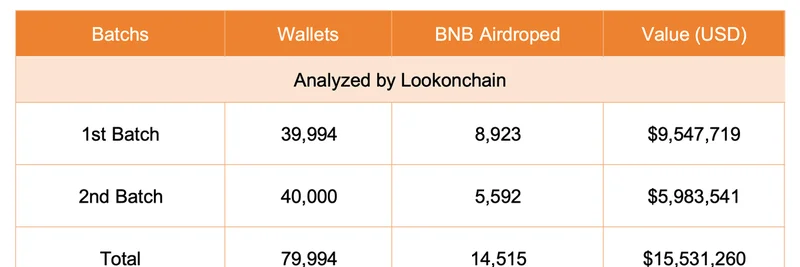Hey there, meme enthusiasts and crypto traders! If you're deep into the world of meme tokens on platforms like Base, there's some exciting news brewing that could change how you handle your transactions. Coinbase, the big player in the crypto exchange space, is gearing up to introduce private stablecoin transactions on its Ethereum layer-2 network, Base. This development, highlighted in a recent post on X by BSCNews, stems from their acquisition of the Iron Fish team earlier this year. Let's break it down and see what it means for the meme token ecosystem.
What's the Big Deal with Private Transactions on Base?
Coinbase CEO Brian Armstrong recently shared on X that his team is close to enabling private stablecoin transactions on Base. For those not in the know, Base is Coinbase's own layer-2 scaling solution built on Ethereum, designed to make transactions faster and cheaper. It's become a hotspot for meme tokens thanks to its low fees and vibrant community—think projects like Brett or Degen that have exploded in popularity.
Private transactions mean you can send stablecoins (like USDC) without everyone on the blockchain seeing the details. This is a game-changer in a world where blockchain transparency often clashes with user privacy needs. Armstrong didn't spill all the beans, but he hinted at more details coming soon. No word yet on whether you'll need to go through Know Your Customer (KYC) checks, but it's something to watch.
The Iron Fish Connection: Privacy with a Compliance Twist
This privacy push isn't coming out of nowhere. Back in March 2025, Coinbase acquired the team behind Iron Fish, a blockchain project focused on privacy. Iron Fish uses zero-knowledge proofs (ZKPs)—a fancy cryptographic trick that lets you prove something is true without revealing extra info. Think of it like showing your ID at a bar without handing over your wallet.
What sets Iron Fish apart is its "view keys" feature. These allow users to selectively share transaction data with regulators or tax folks when required, striking a balance between privacy and compliance. This is crucial because pure anonymity tools like Tornado Cash have faced legal heat for enabling illicit activities. By integrating this tech, Base could offer "regulated privacy," making it safer for everyday uses like payroll or payments without running afoul of the law.
How This Could Supercharge Meme Tokens on Base
Now, let's talk memes. Base has been a breeding ground for meme tokens, with its ecosystem boasting billions in trading volume. But privacy has been a sore spot—public ledgers mean anyone can trace your trades, which isn't ideal for high-stakes meme flipping or avoiding front-runners.
With private stablecoin transfers, you could swap into and out of meme tokens more discreetly. Imagine buying the next big dog-themed coin without broadcasting your moves to the world. This could attract more users to Base, boosting liquidity and innovation in the meme space. Plus, as governments ramp up crypto surveillance, this compliant privacy model might help meme projects stay on the right side of regulations.
Of course, it's not all sunshine. Questions linger about how truly private these transactions will be and whether KYC will limit access. But if done right, this could position Base as the go-to layer for privacy-conscious meme traders.
The Broader Crypto Landscape
This move comes amid growing global scrutiny of crypto transactions. Coinbase seems to be betting on a future where privacy and regulation coexist, potentially setting a standard for other networks. For meme token creators and holders, it's a reminder to stay informed—tools like this could evolve how we interact with blockchain tech.
If you're trading memes on Base, keep an eye on Coinbase's updates. This could be the privacy boost the ecosystem needs to go mainstream. What do you think—will private stablecoins change your trading game? Drop your thoughts in the comments!




